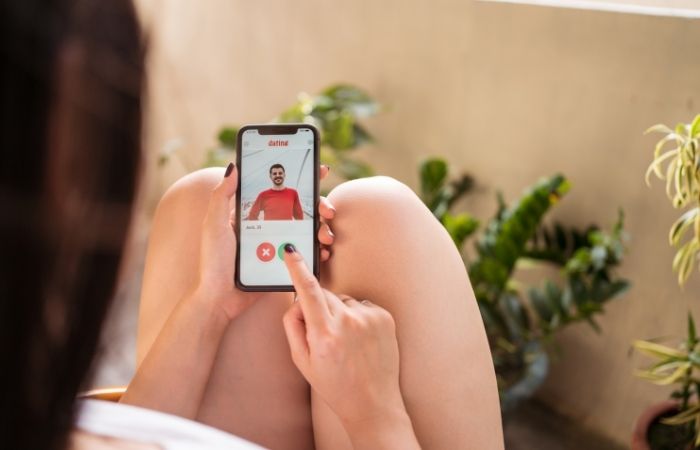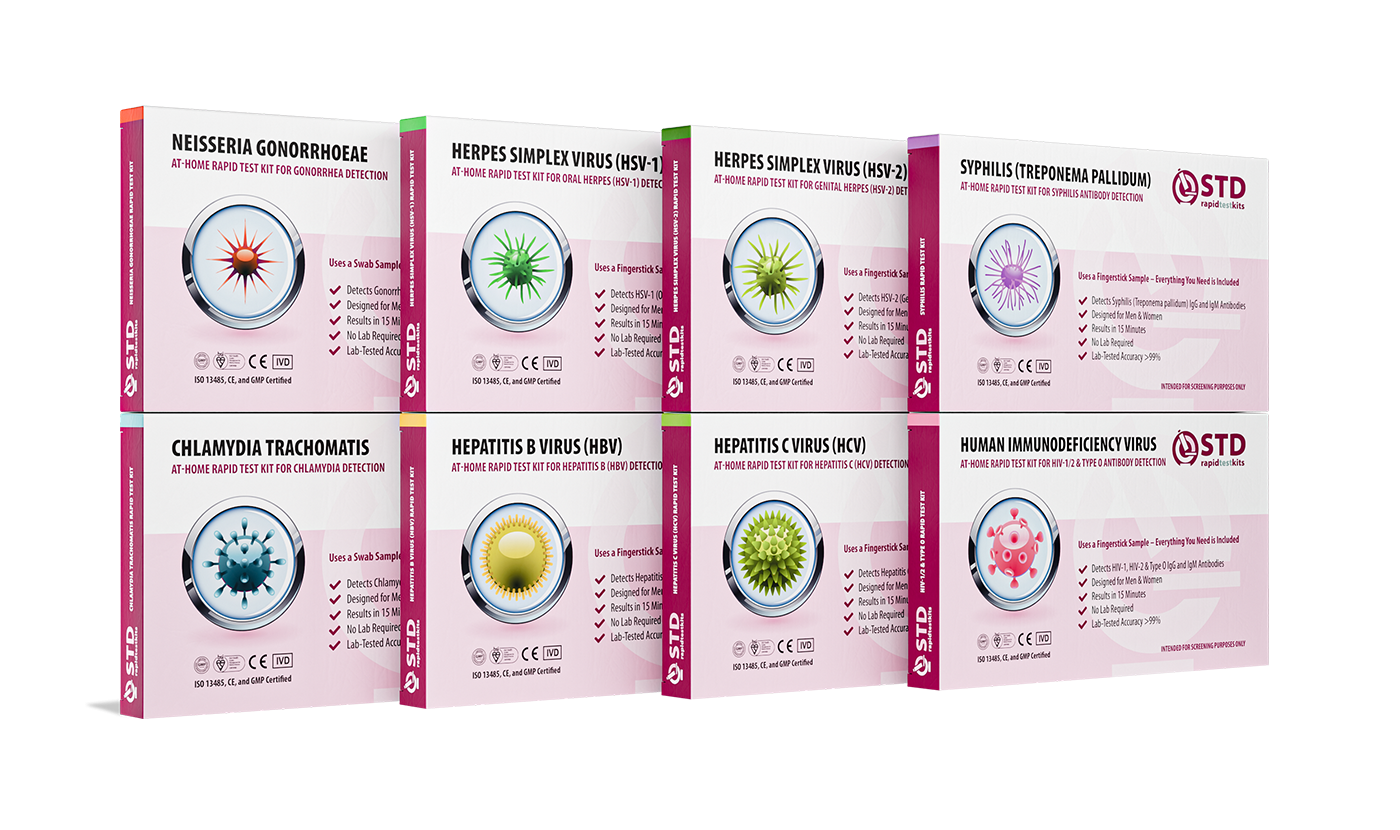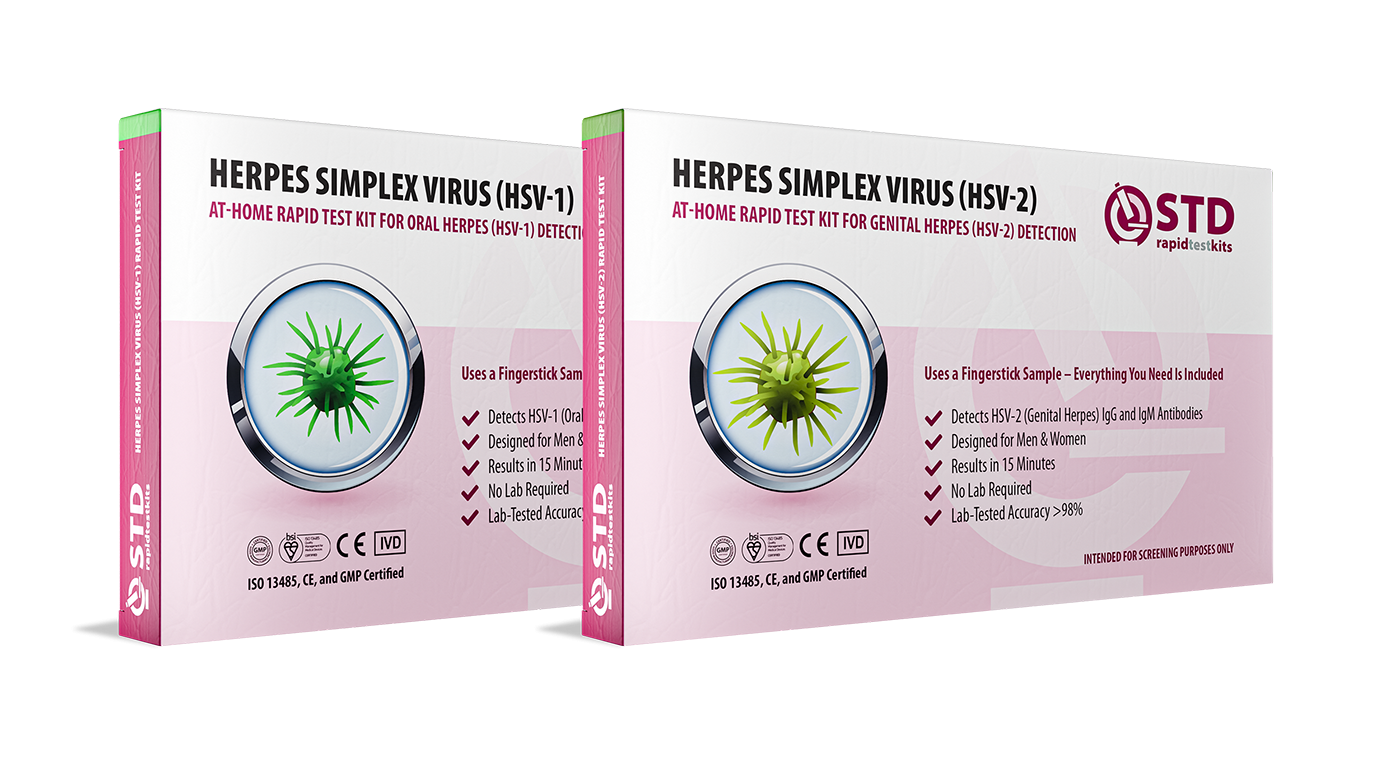Quick Answer: Yes, you can still date and have sex after an STD diagnosis, safely and confidently. It starts with treatment, timing, and telling the truth. Your sex life isn’t over. It’s just evolving.
This Is the Part Where You Panic. And Then Google.
The search history doesn’t lie: “Can I still date with herpes?” “How long do I wait to have sex after chlamydia?” “Will anyone want me if I have HPV?” That middle-of-the-night dread is real. Getting an STD diagnosis can hit like a breakup, even if you're still in a relationship. Or worse, still on the apps.
What no one tells you is that this fear? It’s common. So common that 1 in 2 sexually active people will contract an STD by age 25. That’s not a scandal, that’s math. And yet, shame still shows up faster than symptoms.
“I felt disgusting,” said Danika, 30, who found out she had genital herpes after a routine checkup. “Like no one would ever want to touch me again. But my next partner? He literally said, ‘Thanks for telling me. That’s sexy as hell.’”
Your diagnosis might change how you swipe. It might change how you talk about sex. But it doesn’t make you untouchable. It makes you informed. And that’s powerful.

People are also reading: Can You Date Someone with an STD and Stay Safe? A Complete Guide
Dating Apps Don’t Come With a Disclosure Button
One of the hardest things about modern dating is figuring out when and how to bring up your status. There’s no pop-up prompt on Tinder asking, “Hey, do you have any STDs you’d like to disclose?” (Spoiler: There should be.)
So you’re left wondering:
- “Do I put it in my bio?”
- “Wait until we’re about to hook up?”
- “Tell them before the first kiss?”
There’s no perfect script, but there is one golden rule: tell them before there's any skin in the game, literally. Not because you're gross. But because you're ethical. And sexy as hell for owning your status.
“I put it on my profile. ‘Herpes+, communicative AF,’” said Micah, 27. “Most people unmatched. But the ones who didn’t? They were better matches anyway.”
Disclosure isn’t a punishment. It’s a filter. And it helps weed out people who aren’t ready for adult-level intimacy.
So... Can I Still Have Sex?
Yes. Loudly, enthusiastically, 100% yes. But also, not immediately.
Let’s get clear: If you’ve just been diagnosed with something like chlamydia, gonorrhea, or syphilis, your body needs time to respond to treatment. Most of these infections are curable with antibiotics, but during that window, you’re still contagious. Jumping back into bed too soon can mean reinfecting your partner or prolonging your own recovery.
The general rule? Wait seven days after finishing treatment before having sex again. And if you’re not sure whether your infection is fully cleared, get re-tested. Your health isn’t a guessing game.
Now, if you’ve been diagnosed with a long-term virus like herpes or HIV, the rules change, but the answer is still yes. Safe sex is possible. Pleasure is possible. Deep connection is possible. And anyone who tells you otherwise is operating on fear, not facts.
Check Your STD Status in Minutes
Test at Home with Remedium8-in-1 STD Test Kit

 For Men & Women
For Men & Women Results in Minutes
Results in Minutes No Lab Needed
No Lab Needed Private & Discreet
Private & DiscreetOrder Now $149.00 $392.00
For all 8 tests
Let’s Talk About the First Time After
Getting back in the saddle, emotionally, physically, sexually, after an STD diagnosis is a thing. Your body may be ready before your brain is. Or vice versa. You might feel scared. Or awkward. Or like you’re walking around with neon letters on your forehead that say “INFECTED.”
You’re not.
Here’s what the first time might look like after treatment or disclosure:
- It might be quiet. A little slower than usual. That’s okay.
- You might be more communicative than ever. That’s excellent.
- You might be shocked at how into you they still are. That’s normal.
This isn’t just about not transmitting something. It’s about reclaiming your body. About knowing that your status doesn’t cancel your worth. The best sex? Often comes after the hard talks.
“The first time I had sex after telling someone I had HSV2, I cried,” said Ash, 33. “Not because I was sad. Because I felt chosen. Seen. Safe.”
The Disclosure Conversation: Scripts, Sweat, and Sex Appeal
This is the moment that makes people panic-text their group chat. How do you tell someone you have an STD, without sounding like a walking red flag?
Here’s the key: disclosure is information, not confession. You’re not seeking forgiveness. You’re sharing facts so both people can make informed choices. That’s it. That’s the tweet.
Try one of these lines if you’re not sure how to start:
- “I want to tell you something because I respect you, and it involves your health too.”
- “Just so we’re both informed before anything happens, I tested positive for [X]. I’ve been treated, and here’s what that means...”
- “This doesn’t change how I feel about intimacy, but I always talk about my status before anything physical.”
And remember: if they freak out, that’s on them, not you. Most people are just surprised. If they react with compassion? You’re already ahead of the game. If they shame you? Block. Delete. Heal. Thrive

People are also reading: Can You Get an STD from Sharing Razors or Towels? The Truth Behind the Risks
Modern Dating Was Already Exhausting, Now You Have an STD
Dating in 2025 is already an emotional sport: ghosting, breadcrumbing, love bombing, fizzling out before the first drink. Add an STD diagnosis to the mix, and suddenly your swipe game comes with a side of biohazard anxiety.
Here's the truth: your diagnosis didn’t ruin dating, it just added a filter. And that filter? It cuts out the flakes, the fragile egos, and the people who think STI status = moral failing. What’s left? The real ones. The communicators. The grown-ups.
“Telling someone I had HPV became the easiest way to figure out if they were emotionally literate,” said Rae, 25. “One guy asked if I was okay and offered to get tested before our next date. That’s hot.”
If someone’s profile says “good vibes only” but they melt down when you mention an infection? They weren’t going to give you good vibes anyway. Next.
But What If I Feel Unlovable?
Ah yes. That part. The voice that whispers: “No one will want me now.”
Let’s drag that shame into the light. STDs are infections. Not karma. Not consequences. Not proof you’re reckless, dirty, broken, or bad at love. They’re just one part of your health record, like asthma, or allergies, or anxiety. You are still lovable. Still desirable. Still allowed to want things. Messy, gorgeous, sweaty, vulnerable things.
If it helps, repeat this until it stops sounding absurd:
I am not my diagnosis. I am not a risk, I am a whole person. I deserve connection, affection, and joy.
Your status doesn’t cancel your shot at love. It just gives you a more honest way to get there.
You Are Not Alone, Even If It Feels Like It
It’s easy to believe you’re the only one on Hinge who’s ever typed “HSV2” into a Notes app. But let’s zoom out:
- Over 1 in 2 adults will get an STD at some point in their life
- Most STDs are treatable or manageable with medication and monitoring
- Dating with an STD is more normal than you think, we just don’t talk about it
If you feel like you're hiding in plain sight, you're not alone. There’s a whole world of people navigating disclosure, rejection, and intimacy just like you. You just haven’t matched with them yet.
And when you do? When someone responds to your disclosure with calm curiosity instead of fear? It changes everything.
Because what you’re really saying when you tell someone about your status is this: I trust you. And I trust myself enough to say it out loud.
Check Your STD Status in Minutes
Test at Home with RemediumGenital & Oral Herpes Test Kit

 For Men & Women
For Men & Women Results in Minutes
Results in Minutes No Lab Needed
No Lab Needed Private & Discreet
Private & DiscreetOrder Now $75.00 $98.00
For all 2 tests
FAQs
1. Do I have to tell every person I go on a date with that I have an STD?
Not unless you're planning to get physically intimate. You don’t owe your status to every brunch date or text thread. But if clothes might come off? That’s when honesty matters, not just for them, but for you. It feels better when it’s out there. Trust me.
2. How do I even bring it up without killing the vibe?
Try this: “Hey, before things get physical, I like to talk about health stuff because I care about mine and yours.” That’s it. You don’t need a TED Talk or an apology. You need facts, confidence, and maybe a deep breath beforehand.
3. What if I already had sex before I found out?
Welcome to the club. So have most people. It happens. What matters now is that you tell them, get treated if needed, and take care of yourself. It’s not about blame, it’s about action.
4. Will anyone ever want to sleep with me again?
Yes. More than you think. People want honesty. People want connection. And some people will even admire you more for your courage. Vulnerability isn’t a turnoff, it’s a green flag.
5. Do I have to put it in my dating profile?
Only if you want to weed out the emotionally unprepared. Some people drop a line like “H+ and open about it,” or “Status-positive, talk to me.” Others wait until things get more serious. Either way, it’s your body and your timeline.
6. What if they ghost after I tell them?
Then they just saved you time. That sting? It’s the price of dodging a deeper disappointment later. You want someone who can handle a grown-up convo, not someone who vanishes the second things get real.
7. Is casual sex still okay?
Absolutely. You just need to be upfront and on the same page. Safe sex, clear boundaries, and mutual respect make for great hookups, whether you’re dealing with gonorrhea, herpes, or just two nervous humans trying to have a good time.
8. I don’t have symptoms, do I still need to tell someone?
Yes. Asymptomatic doesn’t mean non-contagious. STDs can still spread even if your body’s quiet. That’s why testing and talking go hand in hand.
9. Can I get the same STD again from the same person?
Yep. Especially with curable infections like chlamydia or gonorrhea. It’s like bacterial ping-pong if one of you isn’t treated or you jump back in too soon. Two words: mutual meds.
10. What if I just... never tell anyone and avoid dating forever?
Totally your choice. But here’s a better one: you get to heal, grow, and still be loved. You get to rewrite the story. You get to say, “I have an STD, and I’m still a damn catch.” Because you are.
You’re Not Your Status. You’re a Damn Good Catch.
Dating with an STD doesn’t make you less worthy. It makes you more honest, more self-aware, more grounded. It means you’ve had to ask hard questions, make informed choices, and hold yourself accountable. That’s not dirty, it’s attractive as hell.
Your sex life isn’t over. It’s just smarter. And trust me, the right people will see that.
Testing is care, not shame, start today with a discreet, doctor-trusted kit.
Sources
1. Hookup Culture and STD Risk: How Apps Have Changed Sexual Health Norms – Hope Across The Globe
2. Using Tinder to Trace Syphilis – Harvard Public Health Magazine
3. Risk Determinants of Sexual Behaviors: Dating Apps and STI History – PMC
4. Mathematical Model of Dating Apps Influence on STD Spread – arXiv










